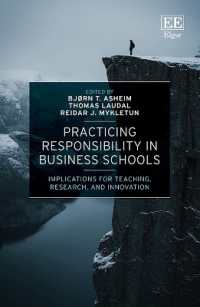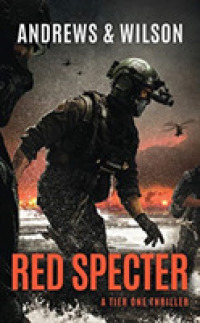Description
(Text)
This book offers the first in-depth analysis of the antisemitic rhetoric expressed by the interwar Romanian cultural elite, examining eight public voices of the period (A. C. Cuza, N. Iorga, N. Crainic, N. Ionescu, O. Goga, N. Paulescu, M. Vulcanescu and V. Horia) and discussing their position regarding the Jewish minority. This is done in correlation with the codification of idioms they used to frame identity and the symbolic borders they constructed to define both belongingness and exclusion. What were the diacritical marks used to frame Jewishness and how does this correlate with the identity narrative ascribed to the Romanian people and to the generic Other? As all eight figures were strongly involved in different political projects, the book moves from rhetoric to action, analyzing the political solutions they supported in regard to the Jewish problem . The book argues for both the centrality of such antisemitic rhetoric in interwar Romania and, also its local specificity. It proves that such sentiment was present and widespread among the cultural elite, a fact that explains both the collapse of Romanian democracy near the end of the interwar period and the full participation of the Romanian state in the Holocaust.
(Table of content)
1. Introduction.- 2. Mircea Vulcanescu: The (Dis)covering of a Problematic Past.- 3. Nicolae Iorga and the Jews: On how the Hydra became our Brother and then a Hydra Again.- 4. Nicolae Paulescu: Divine Will, Jewish Degeneration, and Future Promises of Peace.- 5. A.C. Cuza: The Jews, and the Struggle against Satan.- 6. Octavian Goga: Same Blood, Same Soul, Same Enemy.- 7. Nae Ionescu: The Nation, God and the Jews.- 8. Nichifor Crainic: The Royal Kin of the Earth and the Invasion of the Parasites.- 9. Vintila Horia: The Fascist Past and an Embellished Posterity.- 10. Right-wing Radicalism, a Cultural Movement of the Interwar Period, at its End.
(Author portrait)
Ana Barbulescu is the Coordinator of the Research Department at the Elie Wiesel National Institute for the Study of the Holocaust in Romania and Associate Professor at the University of Bucharest. Her research interest focus on the antisemitic rhetoric in interwar Romania, the social framework of the ghettos in Transnistria and Holocaust memory in post-communist Romania.
Alexandru Florian is the General Director of the Elie Wiesel National Institute for the Study of the Holocaust in Romania and one of the leading scholars in Romania in the field of Holocaust Studies. He has published extensively on anti-Jewish rhetoric and policies during the Holocaust and on Holocaust memory in the post-communist period.








